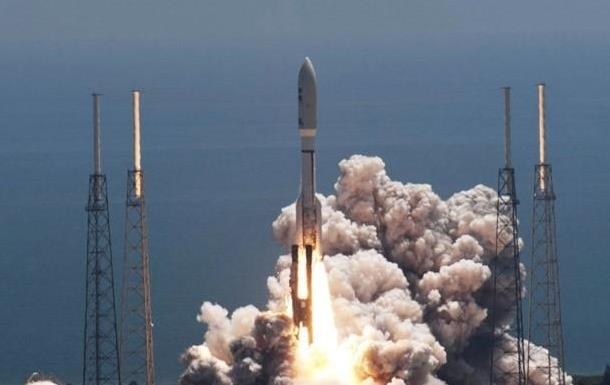Last-minute tech glitch halts South Korea's satellite launch
Home-built rocket Nuri was to carry 8 satellites into space from Naro Space Center in Goheung, southern South Korea

ISTANBUL
South Korea on Wednesday halted the launch of eight satellites following a last-minute glitch in the system.
The Nuri, also referred to as KSLV-II rocket, was set to carry satellites into space from Naro Space Center, at approximately 6.24 p.m. local time (0924GMT), but a tech glitch halted the launch plan, the Ministry of Science and Information and Communications Technology announced.
Vice Science Minister Oh Tae-seog stated that during the management of a helium valve, aerospace experts encountered an issue of communication between a launch control computer and a launch pad facility control computer, according to Seoul-based Yonhap.
“The valve is OK, but the system might matter when it goes into the automatic operation system. So we inevitably canceled the scheduled launch,” Tae-seog said.
The ministry and the Korea Aerospace Research Institute said that the final technical inspection of Nuri had been conducted successfully without any problems on Tuesday in a meeting. However, the problem was detected by engineers at around 3.30 p.m. local time (0630GMT) on Wednesday and thus the launch was postponed.
The process of injecting fuel and oxidizer into the rocket began before the scheduled liftoff and was completed by 5.40 p.m. local time (0840GMT). A pre-launch operation commenced 10 minutes before launch, involving an automatic system responsible for overseeing the final preflight checkups.
For this mission, Nuri was supposed to carry eight operational satellites, each with its own specific mission in space.
In the previous flight, a dummy satellite and a performance verification satellite were included on board Nuri to test the rocket's capabilities.
The eight satellites in this launch included the country's second next-generation small satellite (NEXTSAT-2), four microsatellites developed by the Korea Astronomy and Space Science Institute (SNIPE), the JAC satellite developed by Korean engineering company Justek Inc., the LUMIR-T1 satellite created by local space firm Lumir Inc., and the KSAT3U satellite from startup Kairospace Co.
The launch served as “validation of Korea's capability” to operate a space vehicle for transporting payload satellites to their intended orbits, the ministry said.
Through the Nuri project, which began in 2010 and costs around $1.52 billion, Korea has secured the necessary independent technology for developing and launching space rockets carrying domestically developed satellites.
The project is set to continue until 2027, with three additional rocket launches planned.








